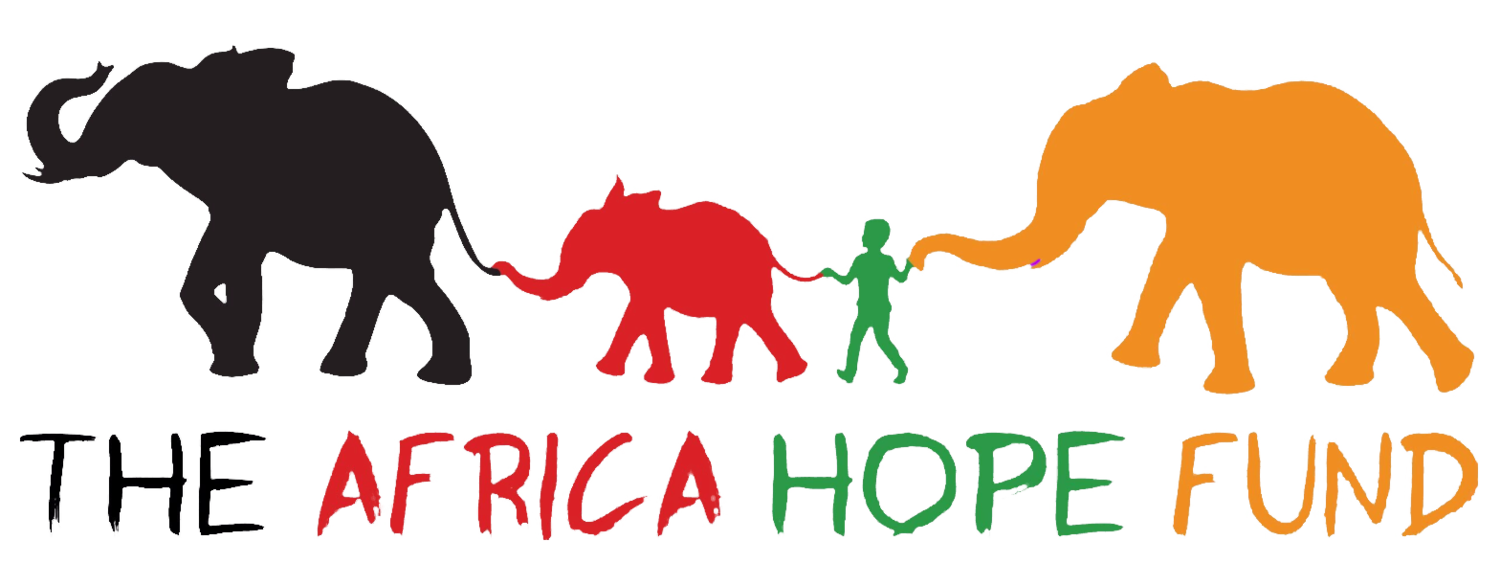Botswana Edges Elephants Close to Extinction
Botswana Edges Elephants Closer To Extinction - We Will All Suffer From Their Loss
Until recently, Botswana was a shining example of wildlife protection. Former President, Ian Khama banned big game hunting in 2014. On 22 May 2019, the current government led by President Mokgweetsi Masisi, lifted the hunting ban, citing studies that an increased elephant population is negatively impacting people’s livelihoods. Lions, a species also globally in decline, are included in this new hunting decision. This move is a step back for conservation and sends a worrying message that elephants and other species are disposable assets that must pay their way with their life. Today, Botswana’s elephant population is about 130,000, approximately one-fifth of the continent’s remaining elephant population, and elephants also contribute greatly to Botswana’s tourism which is the 2nd largest revenue generator to Botswana’s economy. This move threatens the end of tourism and the end of elephants.
Conflict between humans and elephants can be managed without encouraging trophy hunting, through the creation of wildlife buffer zones, strategically placed fence lines to protect communities (and elephants), public-private land partnerships, movement of problem animals, and secured migratory routes are some options. Putting a price tag on elephants to allow wealthy hunters who willingly pay a high price to shoot them for trophies is not a solution to the problems in Botswana or any country that has an elephant population.
Elephants play an essential role in shaping the environment and in enhancing biodiversity, and it is the loss of biodiversity that so clearly threatens the survival of the human species. Killing elephants, through hunting or ivory poaching, will poison us as well. Our species can share this planet, as we have for thousands of years, but we must be willing to work to make that a reality if we are all to survive.
According to Richard Leakey in his book, The Sixth Extinction, “We often overlook the elephants’ effect as a keystone herbivore. The elephant is not just a single species in danger of extinction. It is a flagship of conservation, a test of our will to respect and preserve nature. Upon its survival rests the survival of many other species that constitute the great diversity of African wildlife that is our heritage of millions of years of evolution.”
When we stand by and watch as the biodiversity of an entire continent is destroyed, we are all at risk from the effects. Climate change, poverty that breeds desperation and encourages unrest, instability of entire countries, and the loss of plant life whose value is not yet known, touches each of us. Most of the people who live in or support projects in the Luangwa Valley of Zambia do it for the animals. They protect the fragile balance of wildlife in their valley to preserve it for the next generation. They know that once we lose elephants, we humans are on shaky ground. In Cathedrals of the Wild, An African Journey Home, author Boyd Varty says: “Elephants walk through the spirit as much as they do across the earth: They are the ambassadors of peace, the universal prayer, the om in motion. The footsteps of the great matriarchal herds bind the earth together like the stitches on our quilts sewn by our grandmothers’ grandmothers. Elephants are ancestor spirits while they are still alive.”
Written by Patricia Cole
An Africa Hope Fund board member for 7 years, Pat is a writer and a conservation activist. After traveling to Zambia, she became dedicated to helping Africa Hope Fund provide education to the next generation of Africans and ensure their future by protecting wildlife. Find Patricia on Facebook and Twitter, or on her websites www.writepatwrite.com and www.patmcole.com.
Enjoy reading this Elephant Blog post? Help support our future posts by becoming a Patreon supporter!

